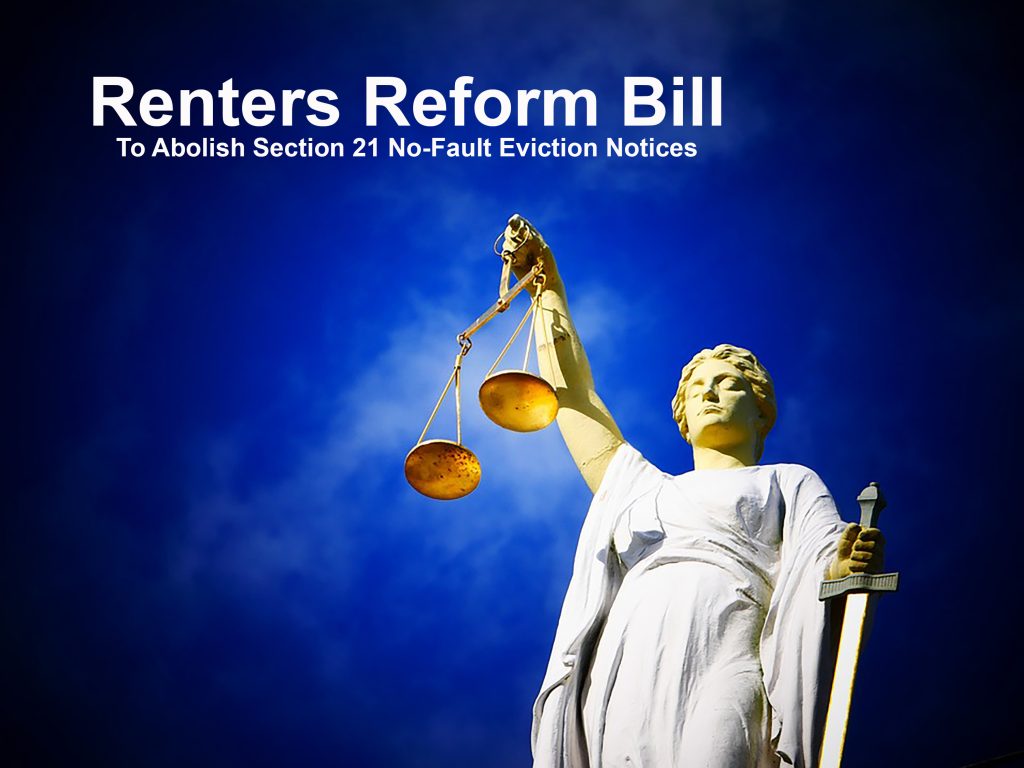What are your rights if someone sells you a faulty car
If someone sells you a faulty car, your rights will depend on various factors, including your location, the specific circumstances of the sale, and any applicable warranty or contract terms.
In general, here are some steps you can take and rights you may have:
- Check the Warranty: Review the terms of any warranty that comes with the car. If the car is still under warranty, you may be entitled to repairs or a replacement, depending on the warranty’s coverage.
- Review the Sales Contract: Examine the sales contract carefully. It should outline any guarantees or representations made by the seller regarding the condition of the car. If the seller misrepresented the car’s condition, you may have legal recourse.
- Contact the Seller: Reach out to the seller and inform them about the issue. They may be willing to address the problem voluntarily, especially if they were not aware of the fault at the time of the sale.
- Lemon Laws: Some jurisdictions have “lemon laws” that provide protections for buyers of defective vehicles. These laws typically apply to new cars that have recurring issues, and they may require the manufacturer to repair or replace the vehicle.
- Consumer Protection Laws: Depending on your location, there may be consumer protection laws that apply to the sale of used cars. These laws can vary significantly, but they often provide remedies for buyers who purchase faulty vehicles. They may include the right to a refund, repair, or replacement.
- Small Claims Court: If the seller is uncooperative, you may consider taking legal action in small claims court, especially if the cost of repairs is relatively low. Small claims court is designed to handle disputes of this nature without the need for expensive legal representation.
- Consult a Solicitor or an Attorney (if you are based overseas): If the issue is complex or the cost of repairs is significant, it may be wise to consult a solicitor/attorney who specializes in consumer protection or contract law. They can advise you on the best course of action and help you pursue legal remedies.
- Document Everything: Throughout the process, keep detailed records of all interactions with the seller, receipts for repairs, and any other relevant documentation. This can be valuable evidence if you need to pursue legal action.
In the UK what is checked when you have an MOT
The MOT (Ministry of Transport) test in the United Kingdom is an annual vehicle inspection to ensure that vehicles on the road meet minimum safety and environmental standards. The test is mandatory.
Here’s a general overview of what is checked during an MOT test in the UK:
- Vehicle Identification: The examiner checks the vehicle’s identification, including the registration plate, Vehicle Identification Number (VIN), and engine number, to ensure they match the details on the V5C logbook.
- Lights and Signals: The condition, alignment, and functionality of all lights and signals (headlights, indicators, brake lights, hazard lights, etc.) are inspected.
- Steering and Suspension: The steering system and suspension components are checked for wear, damage, and proper functionality.
- Brakes: The condition and performance of the braking system, including brake pads, discs, and brake fluid, are assessed.
- Tires and Wheels: Tires are inspected for tread depth, condition, and compatibility, and wheels are checked for damage and security.
- Seatbelts: The condition and operation of seatbelts, including their attachment points, are inspected.
- Seats and Restraints: Seats are checked for security and any potential hazards, and restraint systems like airbags and seatbelt pre-tensioners are examined.
- Windscreen and Mirrors: The condition of the windscreen, including chips, cracks, and visibility, is assessed. Mirrors are checked for proper positioning and condition.
- Exhaust and Emissions: The exhaust system is inspected for leaks, damage, and excessive noise. Emissions are tested to ensure compliance with environmental standards.
- Fuel System: The fuel system, including fuel lines and the fuel cap, is inspected for leaks and security.
- Body and Structure: The vehicle’s body and structure are checked for corrosion, damage, and sharp edges that could pose a safety risk.
- Horn: The horn is tested to ensure it functions correctly.
- Exhaust Emissions: A tailpipe emissions test is conducted to check for excessive emissions of pollutants, including carbon monoxide (CO) and hydrocarbons (HC).
- Electrical Systems: The electrical systems, including the battery and wiring, are inspected for faults.
- General Vehicle Condition: The overall condition of the vehicle, including the cleanliness of the interior and exterior, is considered, and any loose items that could be hazardous are noted.
Are your breaks and clutch checked?
According to our resources, during an MOT (Ministry of Transport) test in the UK, the gearbox, engine, and clutch are not checked.
Here’s what the MOT examiner typically looks for regarding the brakes and clutch:
Brakes:
- The condition and performance of the braking system are inspected.
- Brake pads and discs are checked for wear, damage, and proper functioning.
- The braking system’s hydraulic components, including brake pipes and hoses, are examined for leaks and corrosion.
- The parking brake (handbrake) is checked for proper operation.
- Brake balance is assessed to ensure even braking across all wheels.
- Any warning lights related to the braking system on the dashboard are also inspected.
Clutch (if applicable, we found conflicting information and cited, faulty clutch as dangerous, please see further reading, towards the bottom of this page.):
- For manual transmission vehicles, the clutch pedal’s free play is checked to ensure it operates correctly.
- The clutch itself is examined for wear, damage, or slipping issues.
- For automatic transmission vehicles, the examiner may check the operation of the transmission and related components.
- If the examiner finds any issues with the brakes or clutch during the MOT test, they will note these problems, and the vehicle may fail the test. In such cases, the vehicle owner will need to have the necessary repairs or replacements done to rectify the issues and then arrange for a retest to ensure the vehicle meets the required safety and performance standards. It’s essential to keep the braking and clutch systems of your vehicle in good working order to pass the MOT test and, more importantly, to ensure your safety on the road.
What should you do if after 2 weeks of having an MOT your breaks or clutch fails what can you do by law?
If your brakes or clutch fail within two weeks of passing an MOT test in the UK, you should take the following steps:
- Contact the Garage: Get in touch with the garage that conducted the MOT test and inform them of the issue. Explain that the brakes or clutch failed shortly after the test. They should be willing to assist you and investigate the problem. Contact the previous car owner who sold the vehicle that he/she has mis-sold knowing there was something wrong.
- Warranty or Guarantee: If the garage provided a warranty or guarantee for the work performed during the MOT, check whether the failed components (brakes or clutch) are covered under this warranty. If they are, the garage should repair or replace the faulty parts at no additional cost to you.
- Evidence and Documentation: Gather any evidence you have related to the failure, such as photographs, written descriptions of the issue, and any paperwork from the garage, including the MOT certificate. This documentation can be helpful if you need to demonstrate the issue to the garage or authorities.
- Retest: If the garage determines that the brakes or clutch failure is related to the work performed during the MOT test, they should arrange for a retest and cover any necessary repairs to bring the vehicle into compliance with the MOT standards. This is typically done at no cost to you.
- Contact Trading Standards: If the garage or the previous car owner refuses to address the issue or does not provide a satisfactory resolution, you can contact your local Trading Standards office or Citizens Advice for guidance and assistance. They can advise you on how to proceed with a complaint or dispute resolution.
- Legal Recourse: If all else fails and the garage does not fulfill its obligations, you may have legal recourse through the Small Claims Court or other legal channels to seek compensation for any necessary repairs or damages incurred due to the brake or clutch failure shortly after the MOT.
Conclusion
It’s important to act promptly and maintain clear communication with the garage and any relevant authorities. Keep records of all interactions, receipts, and documentation related to the issue, as this can be crucial in resolving the matter.
Remember that garages in the UK are expected to conduct MOT tests with integrity and adhere to established standards. If you believe the garage’s negligence or poor workmanship led to the brake or clutch failure, you have the right to seek a resolution and ensure your vehicle is safe for road use.
Please note that the specific requirements and standards for the MOT test may change over time, and there can be variations based on the type of vehicle being tested. Additionally, some vehicles, such as electric cars, may have specific inspection criteria related to their unique components.
It’s essential to have your vehicle regularly maintained and repaired to ensure it passes the MOT test and remains safe and roadworthy. Failing the MOT test means your vehicle cannot legally be driven on public roads until the identified issues are fixed and the vehicle passes a retest
Your rights can vary based on your location and the specific circumstances of the sale. It’s important to familiarize yourself with the laws and regulations in your area and consider seeking legal advice if you believe your rights have been violated.
According to the gov website, it says the engine, clutch, and gearbox are not checked during an MOT, which is conflicting information to what we have learned.
As an example, if you are on the motorway and your clutch or gears fail or your big end suddenly stops working, it would potentially cause an accident, and Gears, Clutch, and Engine should be included in the MOT.
Imagine changing gears and you can’t because of a fault, whilst driving.
“We welcome any mechanics to have their say or drivers who agree with what we are trying to write in the comments below”.
Our article was inspired by someone who bought a car two weeks ago, had an MOT, and noticed a squeaky clutch which prompted us to investigate. The car owner is having a service done tomorrow and will find out what the problem is.
Further Reading
- Car parts checked at an MOT – GOV.UK (www.gov.uk)
- https://www.gov.uk/government/publications/car-parts-checked-at-an-mot/car-parts-checked-at-an-mot
- What’s checked during an MOT? | The AA
Gearbox, Clutch, and Engine are not classed as safety critical?
- Difference Between Service and MOT: What’s not covered in an MOT? | Protyre
- Car problems that WON’T fail your MOT | MOT Tips | RAC Drive
- The car I bought has a problem what are my rights – Which?
- Car clutch problems | Slipping, sticking and other failures | AA (theaa.com)
- Signs your clutch is going | Halfords UK
- How to Determine a Clutch Problem or Issue | Auto Advisor
- How To Fix A Slipping Clutch | Help & Advice | Mr Tyre
- Car clutch problems | Slipping, sticking and other failures | AA (theaa.com)
- Symptoms of a Bad Clutch – AxleAddict
- Are Bad Driving Habits Damaging Your Clutch? – Autocare Centre (autocare-centre.com) (Dangerous having a faulty clutch)
- Dangers of Driving With a Bad Clutch – Astro Brake (cited dangerous)
- Sold a faulty car, what can I do? – The Motor Ombudsman
- Problem with a used car – Citizens Advice
ADVERTISEMENT
#mot #carservice #clutch #breaks #mottest #roguetraders #roguecarmechanics #yoursrights #dvla #tradingstandards #smallcalimscourt



























